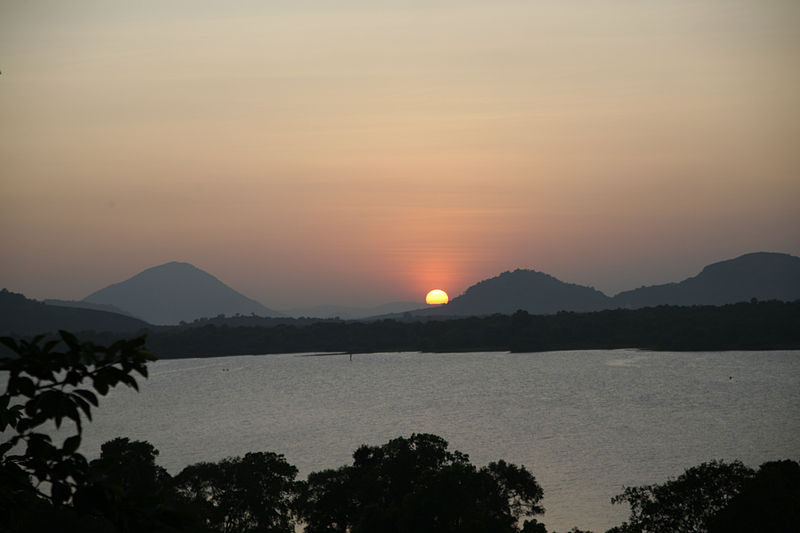Vyshali Manivannan has written extensively about the decades-long civil war in Sri Lanka, her parents’ home country. Having spread her father’s ashes a year ago to the day, Sunday’s bombings came as a reminder that the cycle of violence continues, along with the trauma it leaves in its wake.
Today is loss that isn’t loss. It’s loss that’s become as acceptable as the parallelogram of skin on my ankle I perennially shave off. Didn’t even notice the first time, stepped out in my towel tracking rivers of blood, Amma pronounced, all over the clean floor. We’ve known this floor since 1983, which is to say there never was a time I didn’t know it, right down to the end of the war, which retrofitted the foundations of what a war story could be, it seems, across the Tamil diaspora. The story of how we learned of it, if we weren’t there.
Nearly ten years ago, I fled my apartment for friends downtown, then abandoned their airbed for higher ground, crouching on the back of their sofa with a laptop balanced across my knees. No one had yet taught me it doesn’t matter that the floor isn’t lava, the earth needs no heat to swallow you whole. How many times must I relearn? I found out the war ended the way I was labeled with vicarious trauma: two people, out of everyone I knew in proximity, willing to engage, while others politely checked their larders of empathy for an I’m so sorry, you and yours are in my thoughts. Every simpering thank you I performed restocked their shelves.
At the limits of gratitude, we understand that loss is preconfigured as fleeting. People blink by nature. When the war ended, when Appa died, when the bombs went off on Easter Sunday, I was contagion, shut-eyed into quarantine by silence, then condolences, now thoughts and prayers, hearts, sad faces, thumbs-up likes. Eight bombs, ten dead, then one hundred, then two, nearly three, and four, then five hundred injured. I shave the way I always have, slowly and against the grain, doing comparative math around bodies, explosions, hashtags, emojis, the number of times the razor snags.
It’s not the floor that’s lava, it’s everything.
Somewhere they mop away the chunks of inarticulate flesh and today it pays off that I never learned to stop counting the dead. We consigned Appa’s ashes to the water one year ago, Luna Park’s ferris wheel bright in the distance, and this alone should have taught me to expect rivers on this first anniversary. Catastrophe suits me because it must. How skillfully you dodge me in this new state of emergency, just as you did in the last.
Vyshali Manivannan is a writer and professor based in New York.
from The Paris Review http://bit.ly/2KRMMpB

Comments
Post a Comment